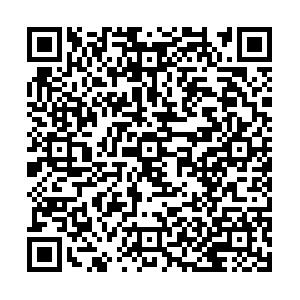复古与革新的双重变奏——民初书业广告中的社会思潮嬗变与文化转型
Dual Melodies of Classicism and Innovation——The Transformation of Social Thought and Cultural Transition in Book Trade Advertisements of the Early Republic of China
-
摘要: 民国初年是中国社会新旧思潮激烈碰撞的时期,书业广告作为文化传播的重要载体,蕴含着时代的思想变迁。一方面,书业广告通过国学经典、骈文小说等复古话语,回应民族危机中的文化焦虑;另一方面,伴随国语运动与新文化运动的兴起,广告转向推广白话文教科书与进步刊物,推动思想启蒙。书业广告不仅是商业宣传工具,更是文化认同建构的媒介,其文本策略既受制于社会思潮,又通过塑造读者认知反哺思潮演变,其嬗变折射出近代中国从传统向现代转型的复杂轨迹。Abstract: The early Republic of China witnessed intense collisions between old and new social ideologies. As vital vehicles of cultural dissemination, book trade advertisements embodied the intellectual transformations of the era. On one hand, these advertisements employed classicist discourse-promoting ancient classics and parallel prose fiction—to address cultural anxieties amid national crises. On the other hand, with the rise of the National Language Movement and the New Culture Movement, advertisements shifted toward promoting vernacular textbooks and progressive publications to advance intellectual enlightenment. Beyond mere commercial tools, book trade advertisements served as media for constructing cultural identity. Their textual strategies were both constrained by prevailing social ideologies and actively shaped the evolution of intellectual trends by molding readers' perceptions. This transformation reflects the complex trajectory of modern China's transition from tradition to modernity.
-

 点击查看大图
点击查看大图
计量
- 文章访问数: 2199
- HTML全文浏览量: 72


 下载:
下载:
 沪公网安备 31010102003103号
沪公网安备 31010102003103号